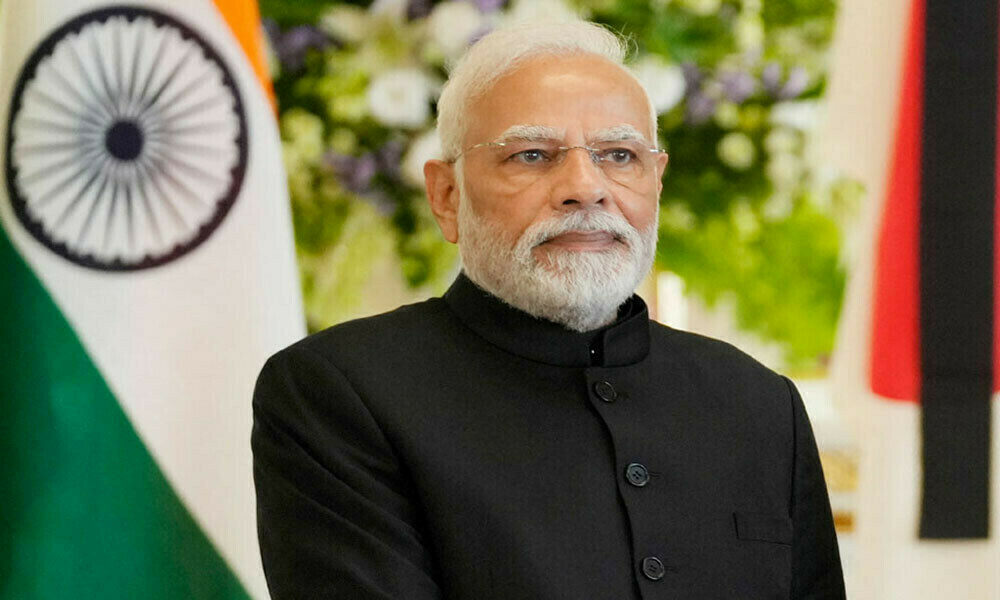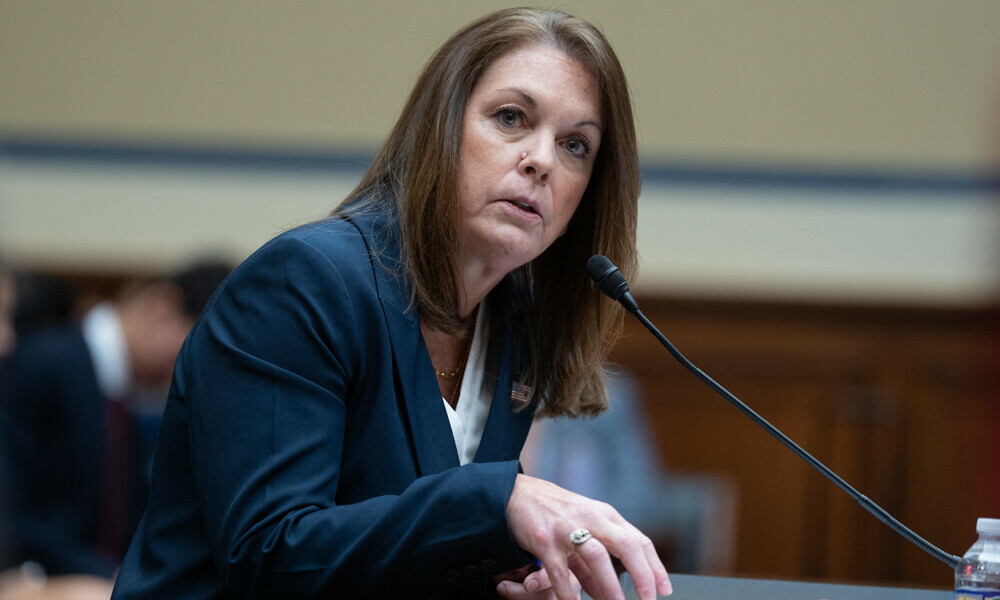Sonam Wangchuk, the acclaimed Indian activist, has been on a hunger strike for 18 days to demand autonomy for Ladakh, a Himalayan region that has been subject to encroachment by China and industrialisation. Despite pleas from supporters to end his hunger strike, Wangchuk is determined to continue for three more days to raise awareness about the damage inflicted on Ladakh’s fragile ecology and glaciers. He believes that electing representatives in the region can help make laws to protect the land and forests from industrial and mining interests.
The Indian government had earlier promised to grant sixth schedule recognition to Ladakh, allowing elected local bodies to protect tribal areas. However, that hasn’t happened yet, and the lack of democracy in the region has been a significant issue. The federal interior ministry, Ladakh Lieutenant Governor’s office, and Modi’s Bharatiya Janata Party haven’t responded to requests for comments.
Wangchuk revealed that the federal government imposed a 13-gigawatt renewable energy project on nomadic pastures in Ladakh without local consultation, which could lead to a global catastrophe. Scientists warn that the Hindu-Kush Himalayan glaciers could lose up to 75% of their volume by the end of this century due to global warming, resulting in dangerous flooding and water shortages for 240 million people.
On April 7, locals and nomadic tribes plan to march to the Chinese border to highlight the loss of land to Chinese encroachment and corporate interests. Wangchuk’s campaign has garnered support from thousands of people, including locals and nomadic tribes, who have shown their support by visiting his protest site.
Wangchuk’s innovative, community-driven reforms in education for Ladakh earned him the Ramon Magsaysay Award, known as Asia’s Nobel Prize. However, his current campaign highlights the urgent need to protect Ladakh’s ecology and autonomy. It’s time for the Indian government to acknowledge the issue and fulfil its promises by granting autonomy to Ladakh and ensuring that the region’s fragile ecology is preserved.
Please, subscribe to the YouTube channel of republicpolicy.com

















































